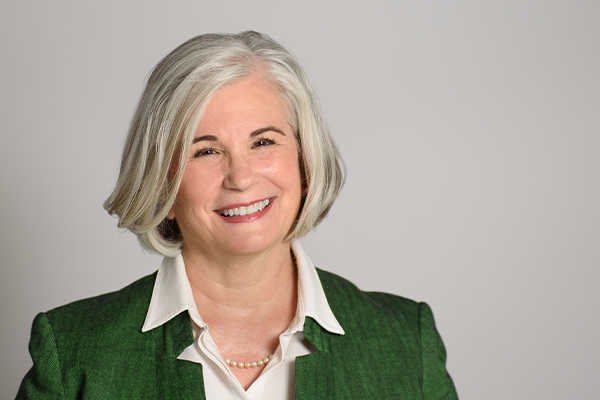Pencina Named Chief Data Scientist
Dr. Pencina will facilitate a strategic planning process to best align priorities and resources and to build upon Duke's national leadership in trustworthy AI.
Intravenous Iron Treatment Provides Some Benefit to Patients with Heart Failure and Iron Deficiency
More than half of all patients with heart failure experience iron deficiency. A new study led by Duke Health researchers with global collaborators finds an intravenous iron treatment provides a measure of benefit to these patients, but the results are nuanced.
An Engineer, Police Officer and Accountant Are Among Duke-NUS’ Newest Cohort of Medical Students
Duke-NUS’ newest medical students gathered at The Ngee Ann Kongsi Auditorium in the Academia building on Friday, 11 August, for a rite of passage—their White Coat Ceremony.
Mary E. Klotman's Friday Message & Conversation with Mara Becker, MD
Mary E. Klotman, MD, talks with Dr. Mara Becker, Vice Dean for Faculty in the School of Medicine, about the opportunities that the new Duke Health Integrated Practice brings.
Medearis to Retire as VP of Duke Health Development and Alumni Affairs
After 29 years of service to Duke, Ellen Medearis, vice president of Duke Health Development and Alumni Affairs, will retire effective January 5, 2024.
EDI Spotlight: Raquel Ruiz, MBA, MAEd
Raquel Ruiz, MBA, MAEd, first discovered the importance of including diverse participants in research studies while working as a research assistant in college. Ever since, she has worked in some capacity to help advance health equity. Her passion for EDI most recently led her to the Duke Clinical & Translational Science Institute (CTSI), where part of her team’s work includes building community trust in research.
Making Pregnancy Safer: Inside the Effort to Reduce Maternal Mortality
Duke physicians are taking a multifaceted approach to reducing maternal mortality rates, with a focus on eliminating racial disparities.
Duke University Health System Launches OneDukeGen, a New Precision Medicine Study
The Duke University Health System and School of Medicine are launching OneDukeGen, a precision medicine study that will advance healthcare through cutting-edge research and collaboration.
Scientists Unlock Secrets of Gut Bacteria Linked to Heart Health
Scientists at Duke University School of Medicine are the first to decode the genetic makeup of Akkermansia, a gut bacterium that could help manage cholesterol levels and be used as a next-generatio
Congratulations to the Duke PA Program Class of 2023
On August 4th, the Duke Physician Assistant (PA) Program held a ceremony for its 56th graduating class, celebrating the class of 2023.









